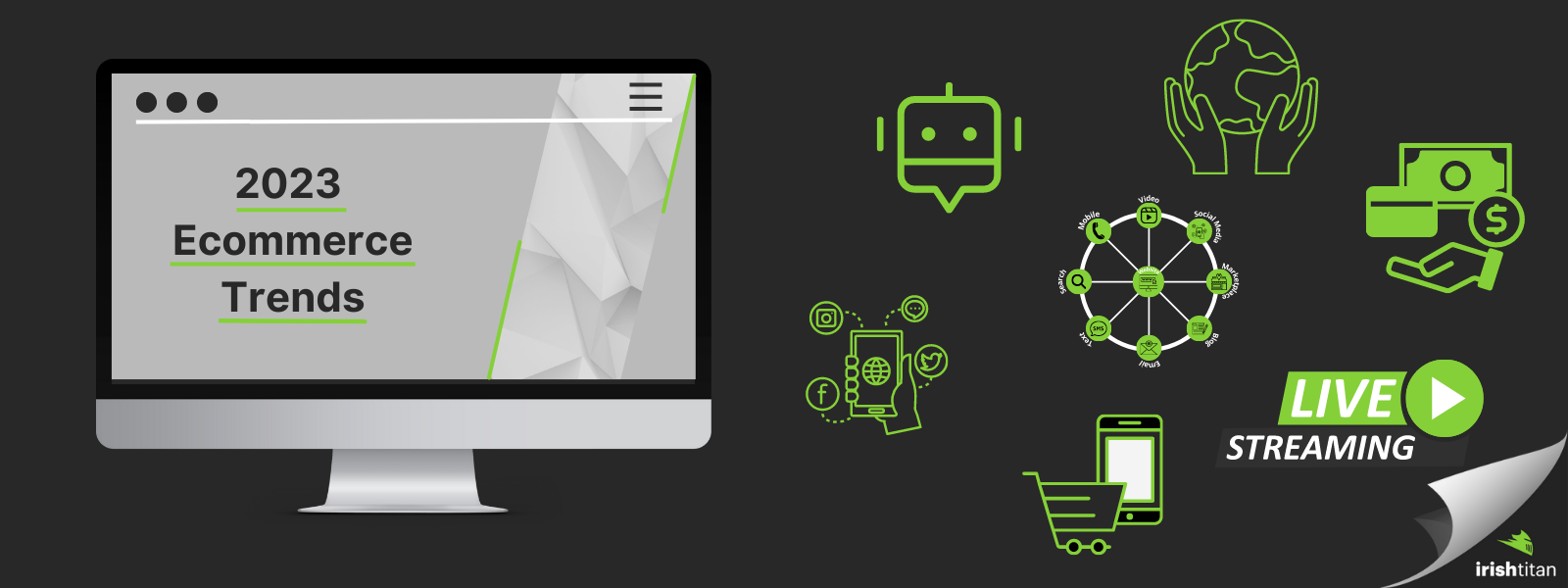How AI Is Transforming the B2C and B2B Marketing Landscape
Guest Blogger: Tink Taylor is Founder & President of dotdigital Group PLC (founded in 1999). He has 20 years of experience in the field of digital communications and has introduced digital marketing to companies large and small.
The rise of artificial intelligence in marketing is an ongoing phenomenon. There’s no doubt that machine learning is shaping marketers’ tactics, for the better.
As businesses start to focus on driving relevant connections through digital and physical environments, we’ll see AI play a key role in strategy. Both B2C and B2B companies are using smart, data-driven technology to orchestrate personalized and automated campaigns. AI might be a hefty investment, but the returns are worth it.
Product Recommendations
Product recommendations have come far since its beginnings in 1998. The practice of grouping customer behaviors to predict future activities was first discussed in a report on ‘digital bookshelves’ by Swedish computational linguist Jussi Karlgren. That same year, Amazon started to use collaborative filtering to make recommendations possible for millions of customers.
Over 20 years later, product recommendations are commonplace. But only a few brands are offering customers the kind of personalized experience that, according to BigCommerce, can increase store revenue by 300%.
The Giants of AI
Marketers love the idea of reacting in real time to the likes and dislikes of customers: It’s a sure-fire engagement tactic. Brands who are nailing this at the moment are Amazon (obviously), Netflix, and Spotify. AI’s smart capabilities not only cluster and interpret consumer data as a whole, but look at profile-level insight and demographics, too. The result is a highly personalized recommendation that resonates with the user. Sky is another big name that’s jumped on the AI bandwagon; the company is planning to recommend content according to the viewer’s mood. Spooky, huh?
It’s not only the big brands who are utilizing product recommendations though. Retailers of all sizes are showcasing their bestselling, trending, and most-viewed products. Plus, machine learning is being fused into marketing automation technology, allowing marketers to tailor their offerings per customer. Drawing on multiple datasets such as orders and page views, brands can generate unique recommendations that are hyper-personalized to the individual.
Recommendations could be based on best-next: products that similar customers went on to purchase. Leveraging the experience of customers who actually shop with you can increase conversions by 150%. Similarly, you could harness your product catalog data to surface some lookalike recommendations, that customers are sure to find relevant.
Unlocking Data Enrichment
AI can be used to enrich your product data to help group recommendations together. In Engagement Cloud it works by extracting meta data from a product’s webpage using its URL. ‘Natural language’ is analyzed in the background and key words are identified as product attributes, and then assigned as tags automatically – i.e. blue, jacket, hood, waterproof, etc. Once extracted, this information can be matched against similar or complementary attributes of other products.
For instance, let’s say a customer purchased a furry green coat. AI would sort through products to surface a complementary recommendation based on similar attributes: a green fluffy scarf. Focusing on existing shoppers – rather than acquiring new ones – can be more lucrative, increasing average order value by up to 50%.
Make Manual Marketing Tasks a Thing of the Past
There was once a time when marketers cast a wide net, hoping to attract anyone and everyone to their product offering. Today, that strategy is obsolete. The net has been replaced by the arrow. Marketers are having to adopt data-driven practices as a way to target the right customers and enhance their experience. Data is the key to better personalization, targeting, and ultimately more revenue.
Organizations are collecting vast amounts of data, and it can be overwhelming for marketers. Sieving through data and determining trends aren’t just laborious tasks – they’re an inefficient use of resources and not feasible for business. That’s where AI comes in; it relieves humans to do more creative work that adds value to their business. Gartner predicts that by 2020, 30% of all B2B companies will employ some kind of AI to augment at least one of their sales processes. This will free sales teams from administrative work, enabling reps to focus more on sales. According to Forrester, AI-friendly businesses could gain a staggering $1.2 trillion of the market from businesses that haven’t yet adopted advanced technology.
AI in account-based marketing
One area where AI can really improve business processes is account-based marketing.
Account-based marketing is traditional marketing flipped upside down. Rather than market to the masses, only to then filter out the bad leads and identify the hot ones, ABM starts with the target companies. Marketers curate personalized, highly targeted campaigns to win certain accounts.
There are 17 people are involved in a typical procurement process – 17! So, identifying who to target and how is no easy task for a human being. AI can be used to select accounts more effectively. For example, it can filter out companies that might lose your company money. This ensures you’re focusing on the right businesses – brands that are likely to generate more revenue and be retained for the long run. AI quickly processes huge amounts of account data: things like company size and revenue, headcount and sector – even contact web behavior. Based on these data, AI can then identify buying intent at an account level and surface the most relevant content.
AI: smarter, faster, better marketing
All this sounds like the marketer’s dream – but it is becoming a reality. AI is on course to save all the sales and marketing woes. 72% of business leaders deem AI as a business advantage, whether that’s through smart product recommendations or automated account-based marketing. They recognize the power of AI: reaching the right customer with the right message, on the right channel at the right time.
More reads





More from Ecommerce...

Learn how going beyond free shipping by offering premium delivery options can help you win big this holiday season. In an age where free shipping is often expected, learn how to set your business apart with premium delivery experiences...

Due to the rise in omnichannel, having a shipping platform is especially important now. When you have multiple channels, you are selling on, you must be flexible in all the ways and places you might ship to and who you are working with...

Information on the 2023 Ecommerce trend predictions
